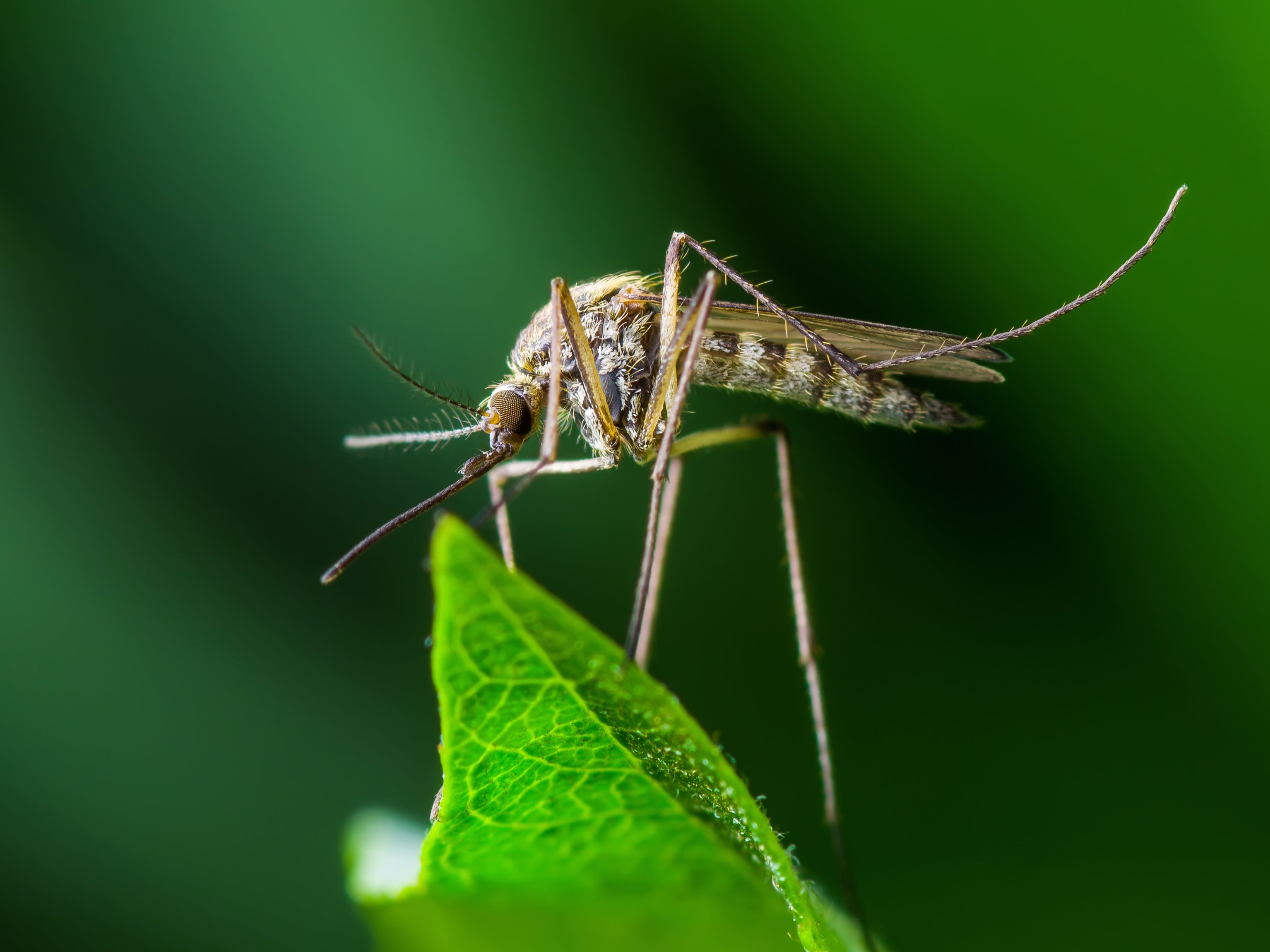Summer is synonymous with adventure, with millions flocking to exotic destinations to experience different cultures, cuisines and landscapes. But what happens when the souvenir you bring back isn’t a fridge magnet or a tea towel, but a new illness?
International travel poses a risk of catching something more than a run-of-the-mill bug, so it’s important to be vigilant for the telltale symptoms.
Here are the main ones to look out for while away and when you return.
Fever
Fever is a common symptom to note after international travel – especially to tropical or subtropical regions. While a feature of many different illnesses, it can be the first sign of an infection – sometimes a serious one.
One of the most well-known travel-related illnesses linked to fever is malaria. Spread by mosquito bites in endemic regions, malaria is a protozoal infection that often begins with flu-like symptoms, such as headache and muscle aches, progressing to severe fever, sweating and shaking chills.
Other signs can include jaundice (yellowing of the skin or eyes), swollen lymph nodes, rashes and abdominal pain – though symptoms vary widely and can mimic many other illnesses.
Prompt medical attention is essential. Malaria is serious and can become life-threatening. It’s also worth noting that symptoms may not appear until weeks or even months after returning home. In the UK, there are around 2,000 imported malaria cases each year.

Travellers to at-risk areas are strongly advised to take preventative measures. This includes mosquito-bite avoidance as well as prescribed antimalarial medications, such as Malarone and doxycycline. Although these drugs aren’t 100 per cent effective, they significantly reduce the risk of infection.
Aside from malaria, other mosquito-borne diseases can cause fever. Dengue fever, a viral infection found in tropical and subtropical regions, leads to symptoms including high temperatures, intense headaches, body aches and rashes, which overlap with both malaria and other common viral illnesses.
Most people recover with rest, fluids and paracetamol, but in some instances, dengue can become severe and require emergency hospital treatment. A vaccine is also available, but is only…
Click Here to Read the Full Original Article at The Independent Travel…
